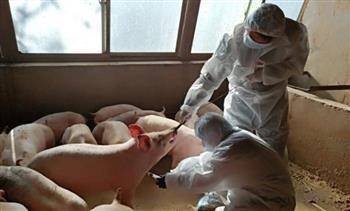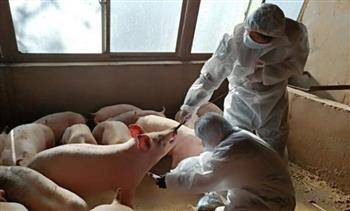The outbreak of African swine fever has forced farmers in Serbia, Bosnia, and Croatia to cull thousands of pigs since June and is putting pressure on governments to compensate farmers for their losses. Over 13,000 pigs were culled in one month in Bosnia and about 3,000 in Croatia, where farmers fear the final number could rise significantly if government measures also involve culling healthy pigs on affected farms. The Serbian Ministry of Agriculture reported today that Serbia has culled around 18,000 pigs since the beginning of the year, with the first case reported in 2019. The disease has so far affected 1,068 farms in 32 out of 174 municipalities.
The ministry added, "The veterinary administration (of the ministry) continuously monitors the numbers of domestic and wild pigs and takes intensive measures to prevent the spread of this infectious disease." The European Commission stated on July 19 that Croatia, an EU member state, must ensure that pigs from areas affected by African swine fever do not spread to other EU member states or other countries.
On July 10, China banned the import of any pigs from Bosnia and Croatia. Veterinary officials from the three countries met in Bosnia on Thursday to discuss the issue and agreed to jointly seek financial assistance from the European Commission and the World Health Organization to support farmers. The Croatian government approved a financial package of 7.5 million euros to compensate pig farmers for their losses. African swine fever is not harmful to humans but is highly contagious and kills domestic and wild pigs. It has spread from Africa to Europe and Asia, leading to the deaths of hundreds of millions of pigs, impacting global meat markets.




